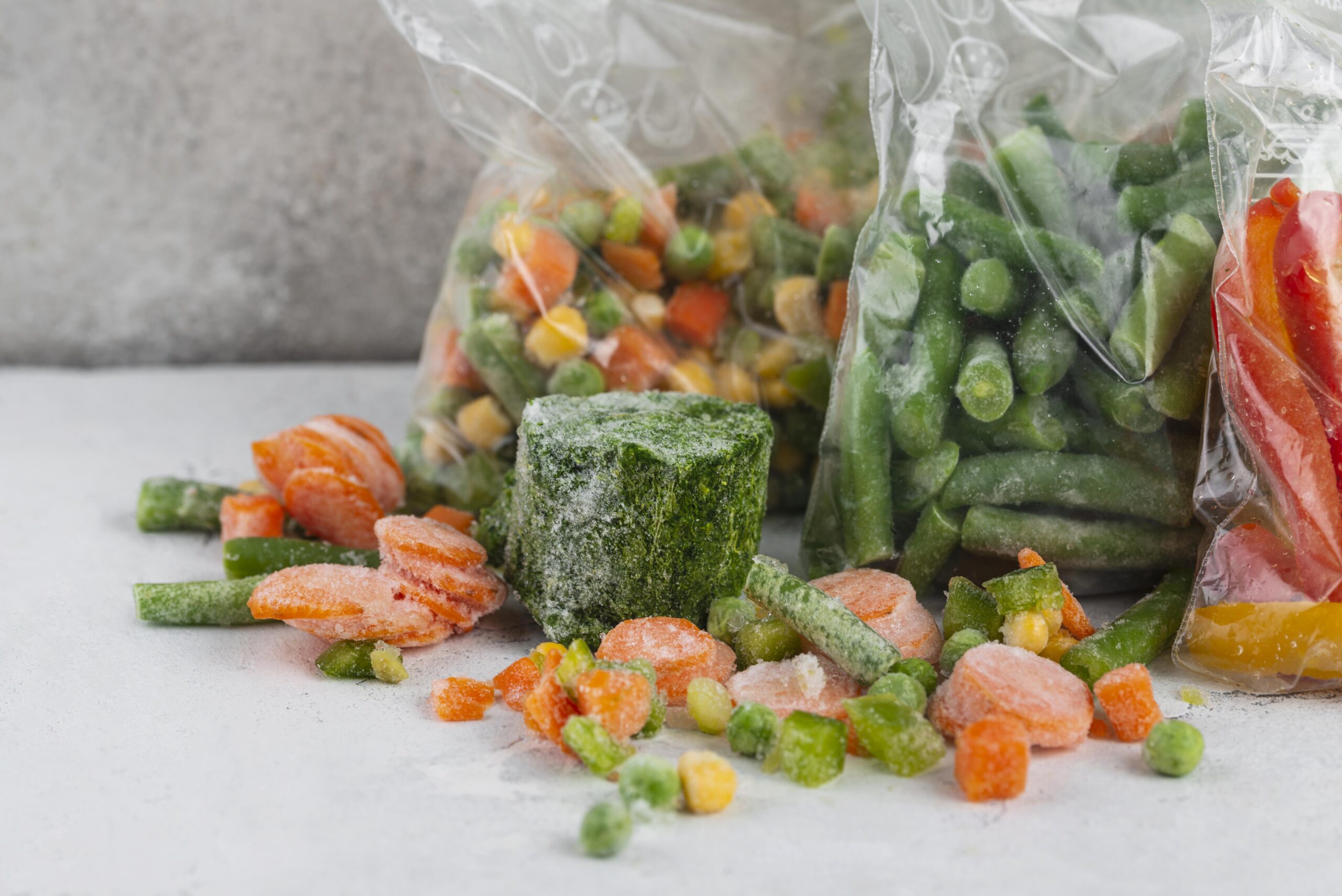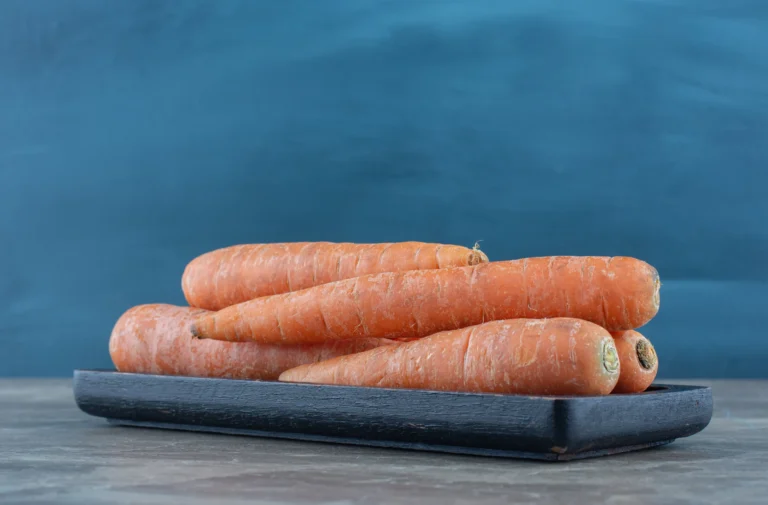The Difference Between Fresh and Frozen Vegetables
Vegetables are a vital component of a healthy diet, packed with essential vitamins, minerals, and fibers. However, many people face the dilemma of choosing between fresh and frozen vegetables. In this article, we will explore the differences between the two types, highlight their advantages, and provide tips on preserving nutritional value in both cases.
Advantages of Fresh Vegetables
- Natural Flavor and Texture:
- Fresh vegetables offer a vibrant flavor and natural texture, making them ideal for dishes that require a fresh and lively taste.
- Rich Nutritional Content:
- Fresh vegetables contain the highest levels of vitamins and minerals when consumed shortly after harvest.
- Seasonal Variety:
- Fresh vegetables offer a wide variety depending on the season, ensuring high-quality products at reasonable prices.
- No Additives:
- Fresh vegetables are free from preservatives or additives, making them a natural and healthy choice.
Advantages of Frozen Vegetables
- Nutrient Preservation:
- Frozen vegetables are typically frozen immediately after harvest, which helps retain most of their nutrients.
- Convenience and Ease of Use:
- Frozen vegetables require minimal preparation, making them ideal for quick and easy cooking.
- Longer Shelf Life:
- Frozen vegetables can be stored for extended periods without the worry of spoilage.
- Year-Round Availability:
- Frozen vegetables allow you to enjoy non-seasonal produce at any time of the year.
How to Maintain Nutritional Value in Both Cases
Fresh Vegetables:
- Consume Quickly:
- Use fresh vegetables within a few days of purchase to avoid nutrient loss.
- Proper Storage:
- Store vegetables in the refrigerator at low temperatures to maintain freshness.
- Avoid Excessive Washing:
- Wash vegetables only before use to prevent premature spoilage.
Frozen Vegetables:
- Quick Cooking:
- Use quick cooking methods like steaming or microwaving to preserve nutrients.
- Proper Storage:
- Keep frozen vegetables at consistently low temperatures to maintain quality.
- Avoid Refreezing:
- Do not refreeze thawed vegetables, as it leads to nutrient loss.
Conclusion
Whether you choose fresh or frozen vegetables, both provide excellent nutritional benefits when used appropriately. Your choice should depend on your daily needs and lifestyle. If you value flavor and variety, fresh vegetables are an ideal option. On the other hand, if convenience and easy preparation are your priorities, frozen vegetables are a practical and indispensable choice.
Always select high-quality products and follow proper storage and cooking methods to maximize nutritional benefits.




